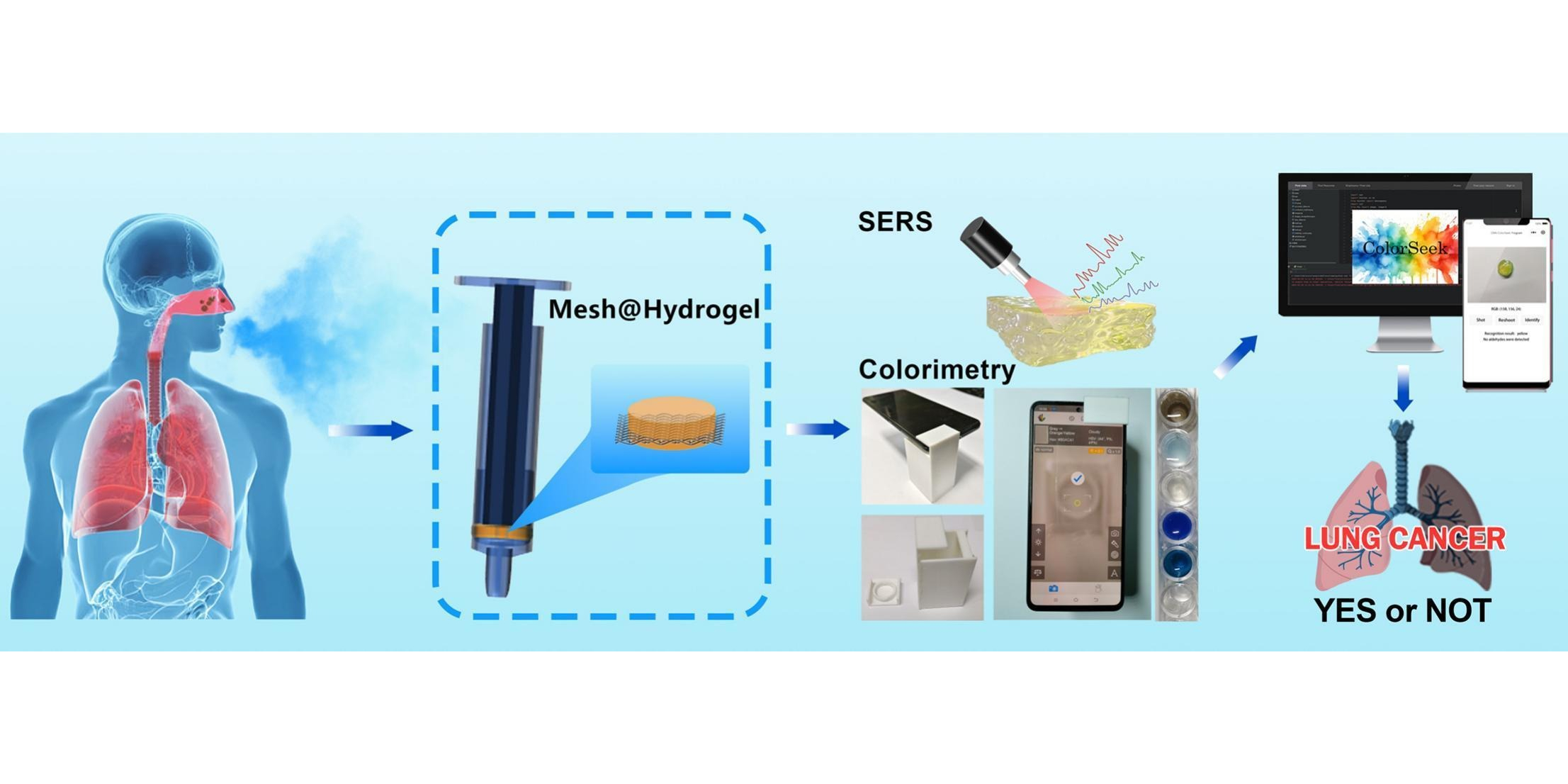
NCBJ scientists’ invention enables detecting lung cancer through breath
20-10-2025
Lung cancer is often diagnosed a tan advanced stage, when treatment options are limited and survival rates are low. In a major advance, scientists from the NOMATEN CoE at NCBJ, working with researchers from China and WUT, have developed a biosensor capable of detecting hexanal, which can serve as a reliable biomarker of early-stage lung cancer.
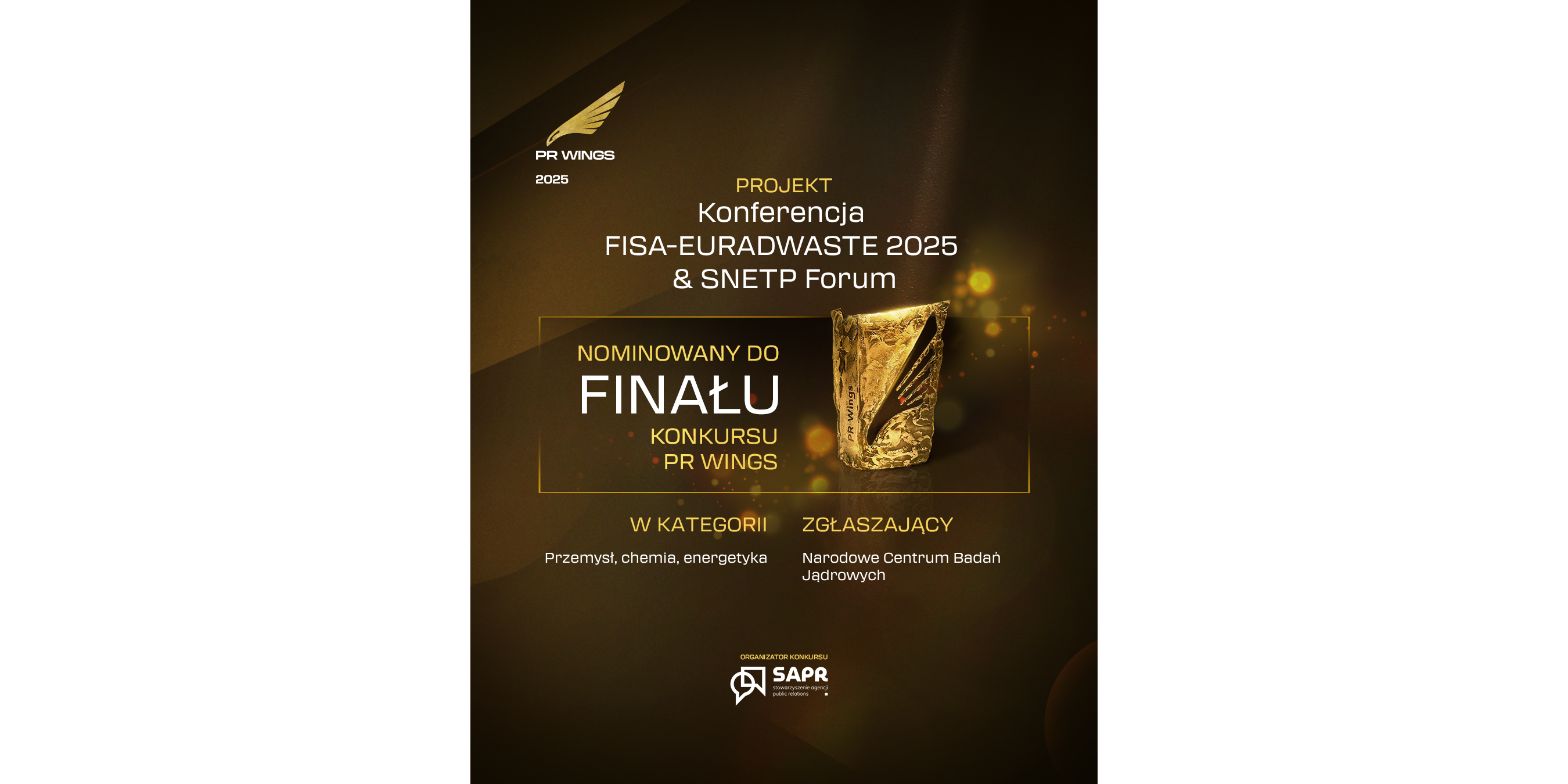
NCBJ creation nominated for PR Wings
20-10-2025
The creation developed by the NCBJ Communication Team for the FISA-EURADWASTE 2025 & SNETP Forum Conference has been nominated in the prestigious PR Wings 2025 competition! Our campaign is competing in the "Industry, Chemistry, Energy" category.
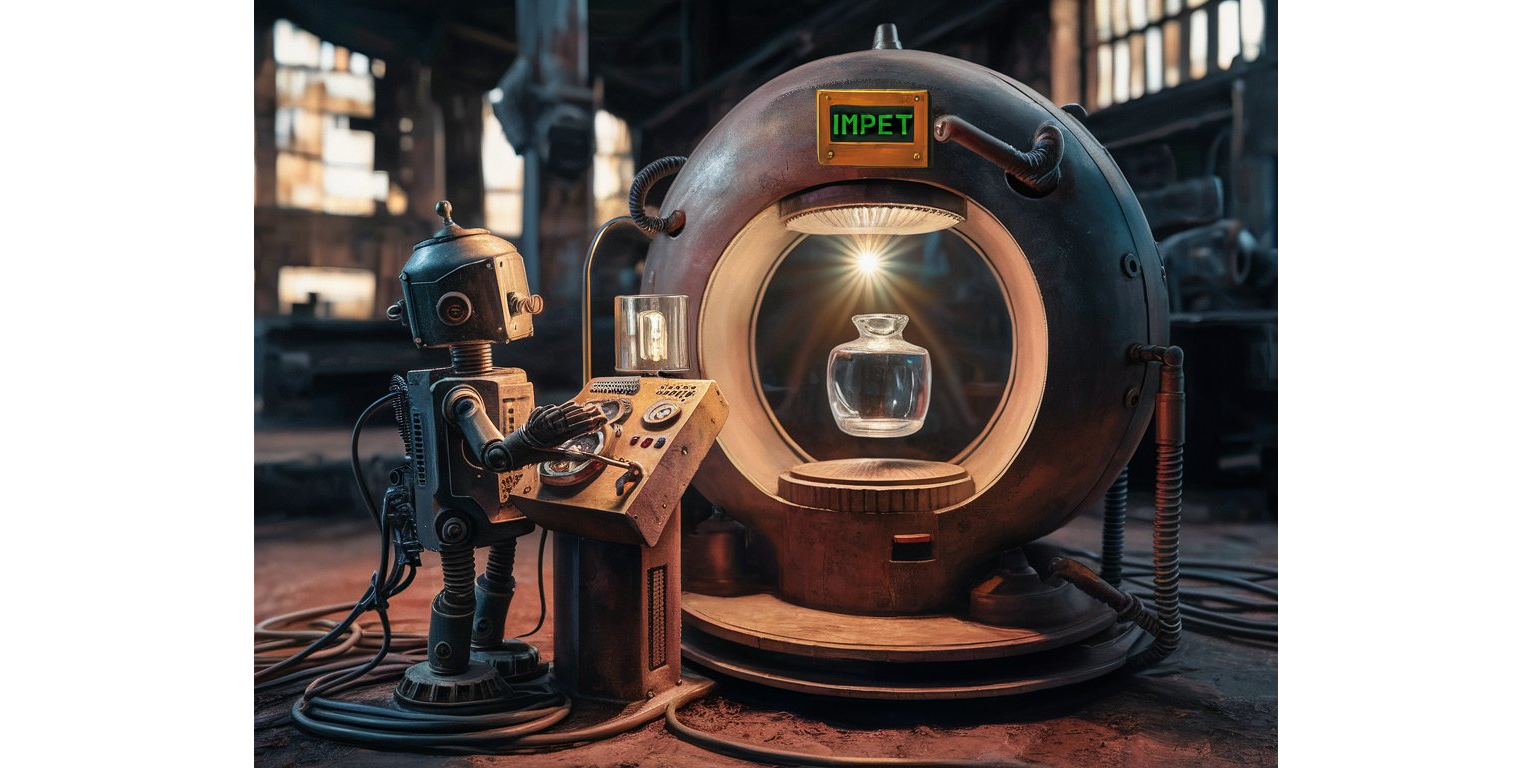
A new computer model for high-energy photon research has been developed at NCBJ
20-10-2025
Scientists from the National Centre for Nuclear Research, the University of Vienna and the Jagiellonian University have developed a new computer model that allows them to study quantum phenomena in the world of high-energy photons – particles of light with energies a million times greater than those we can see with the naked eye.
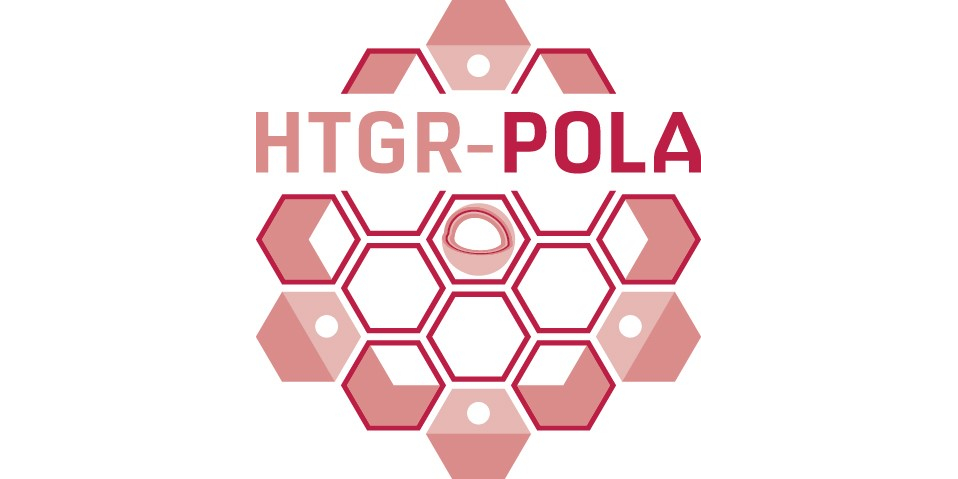
NCBJ has concluded the technical dialogue with the Polish Atomic Energy Agency regarding the HTGR-POLA reactor
13-10-2025
A series of technical meetings between the National Centre for Nuclear Research (NCBJ) and the Polish Atomic Energy Agency regarding the HTGR-POLA reactor technology has been finalized.
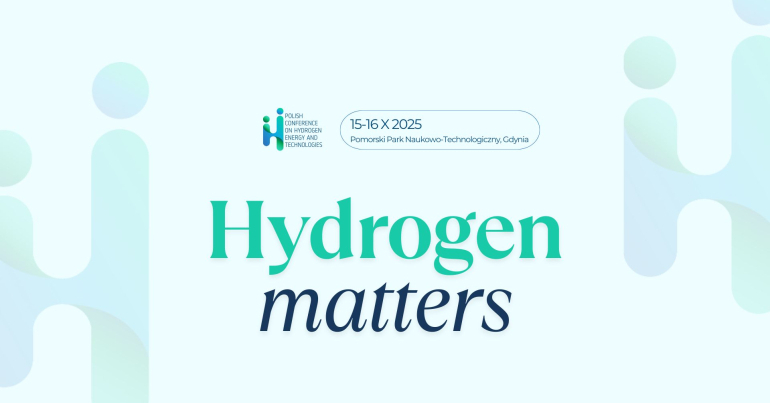
NCBJ leads discussions on the future of hydrogen technologies – the PCHET 2025 conference
13-10-2025
The 8th edition of the Polish Conference for Hydrogen Energy and Technologies (PCHET), one of Poland's most important events dedicated to hydrogen technologies and energy transition, will begin on 15 October. This year's conference is held under the honorary patronage of the National Centre for Nuclear Research. The director of the NCBJ will be among the experts participating in the conference.
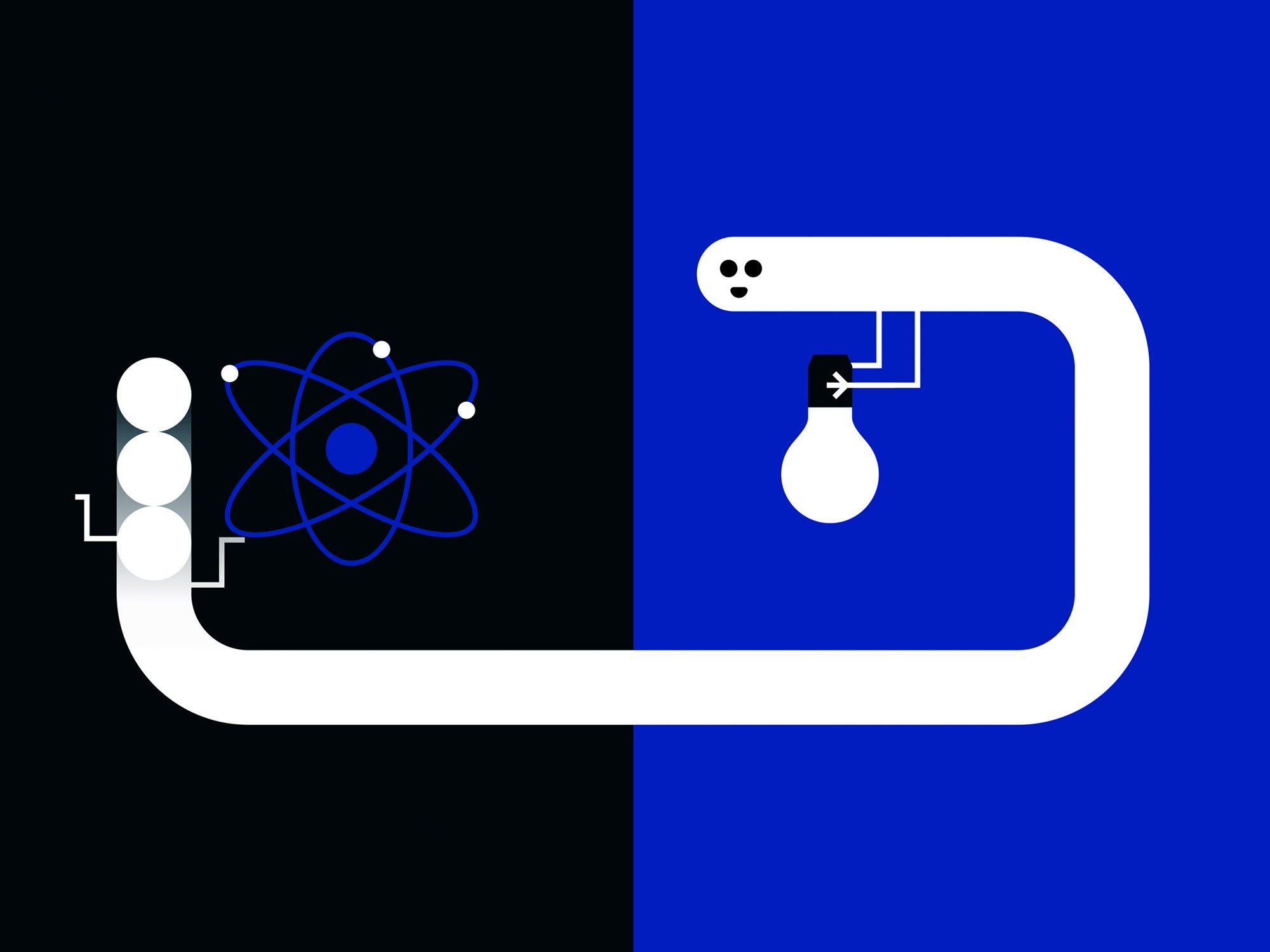
Nobel Prize in Physics for macroscopic quantum phenomena
08-10-2025
On 7 October, the Swedish Royal Academy of Sciences announced its verdict on the winners of the Nobel Prize in Physics. This year's prize was awarded to John Clarke, Michel H. Devoret and John M. Martinis for their discovery of the macroscopic quantum tunnelling effect and energy quantisation in an electrical circuit.
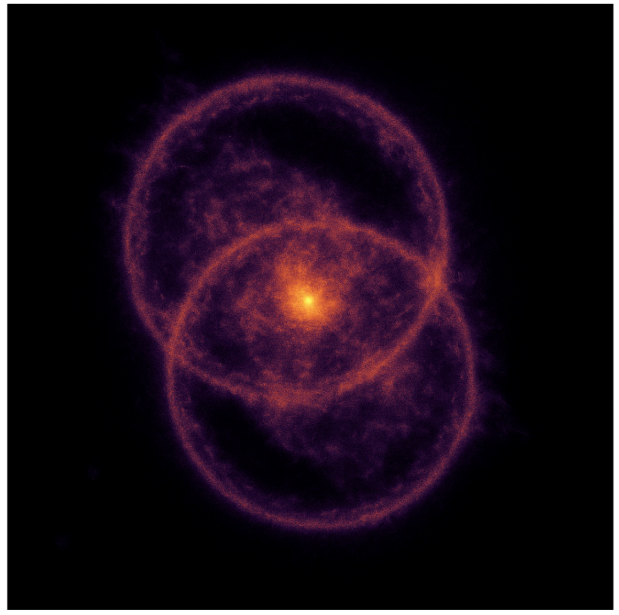
Discovery of the Most Powerful Odd Radio Circle to Date
03-10-2025
Astronomers have discovered the most distant and most powerful “odd radio circle” (ORC) ever observed – with key contributions from a researcher at the Astrophysics division of the National Centre for Nuclear Research (NCBJ).
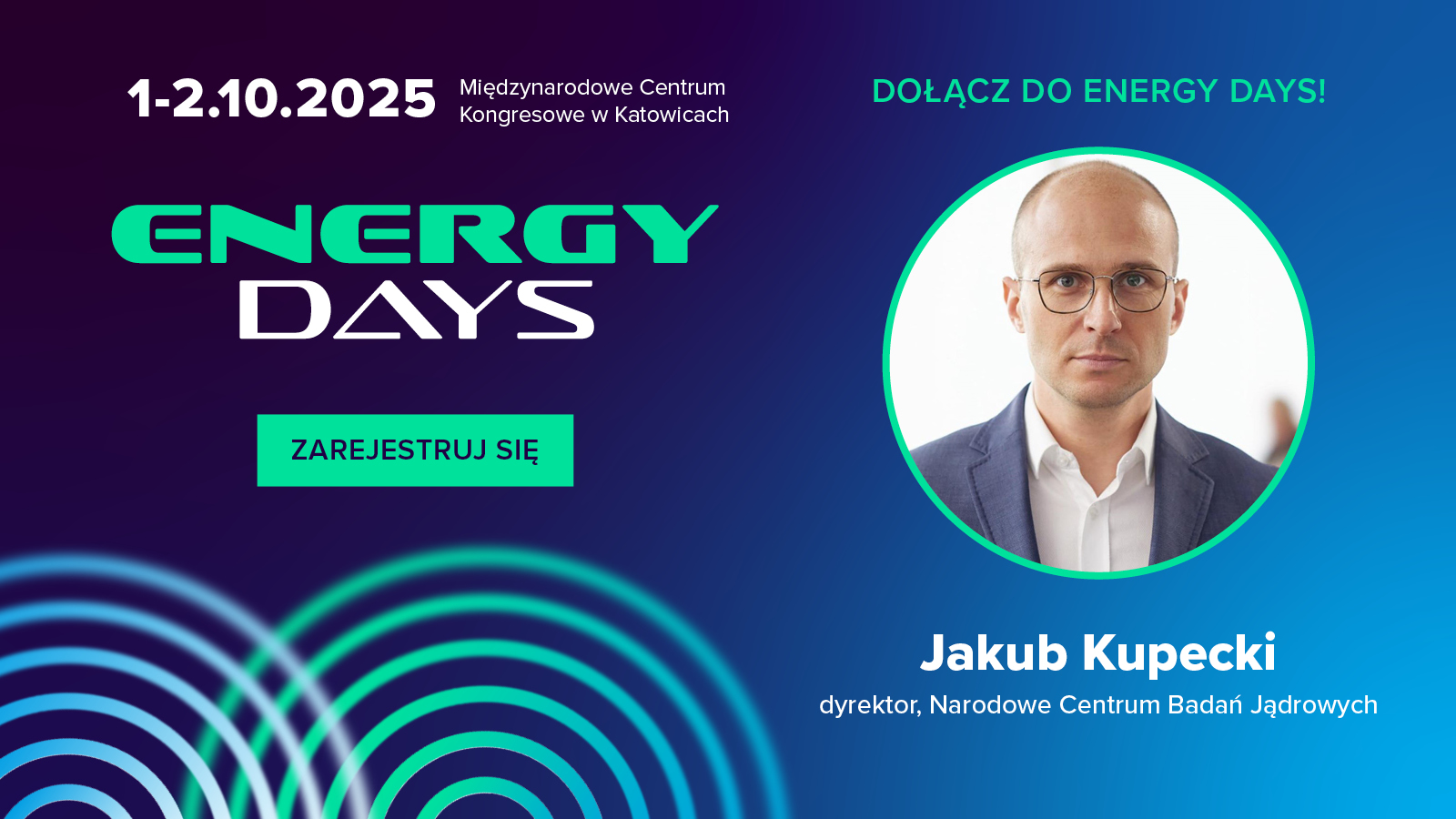
Prof. Jakub Kupecki in a discussion about small modular reactors during Energy Days 2025 in Katowice
01-10-2025
Energy Days 2025 is a conference that brings together over 1,500 people to discuss the challenges facing the Polish energy sector. During one of the panels, Prof. Jakub Kupecki, Director of the National Centre for Nuclear Research, will join a group of experts to discuss the role of small modular reactors in the energy system and the Polish economy.
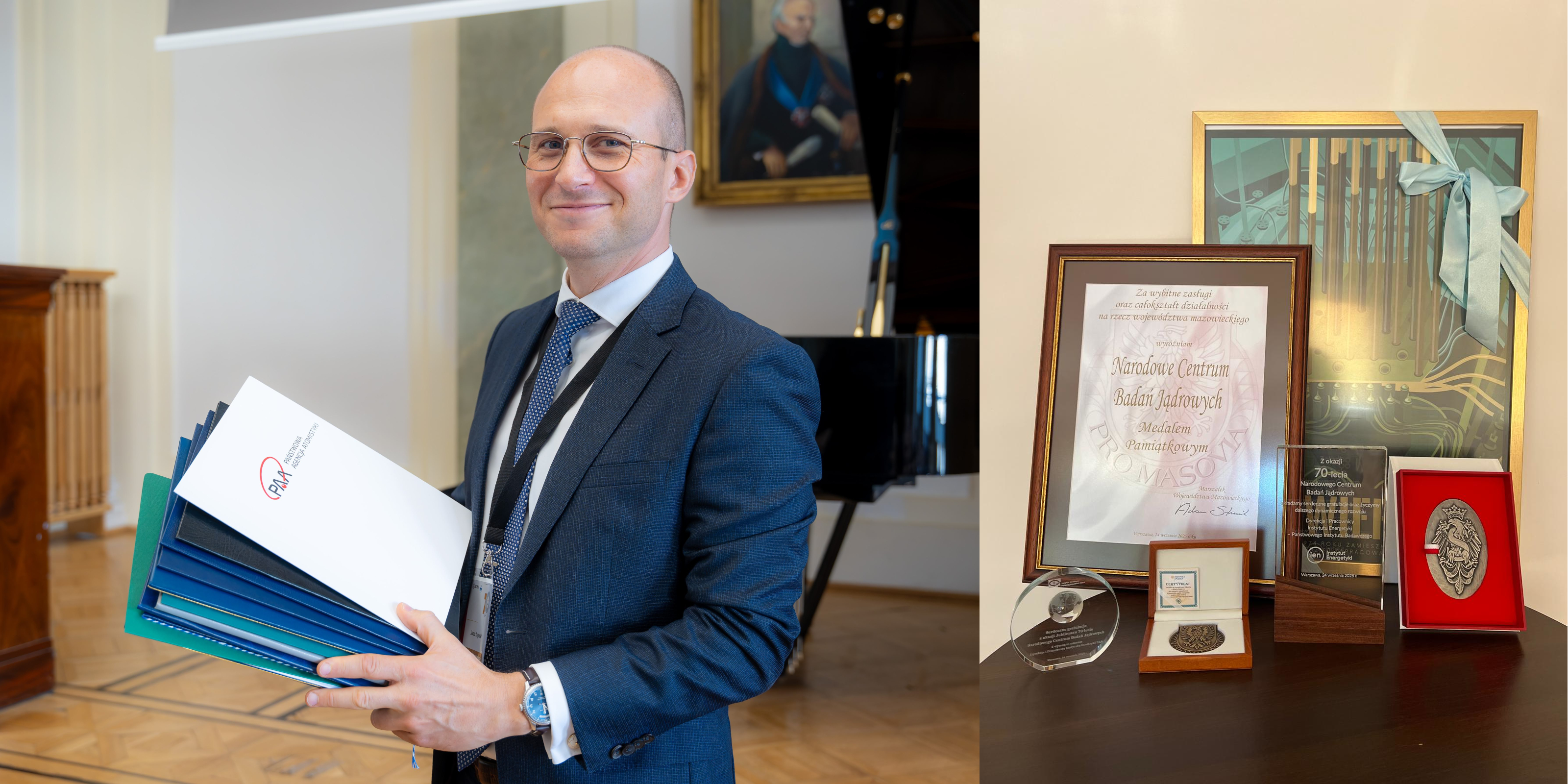
70th anniversary of nuclear research – thank you for your words of appreciation and awards
29-09-2025
The anniversary gala, which took place on 24 September, was the official culmination of the celebrations marking 70 years of nuclear research in Poland. We would like to express our sincere thanks for the words of appreciation we received from representatives of institutions representing the government, the scientific community and industry.
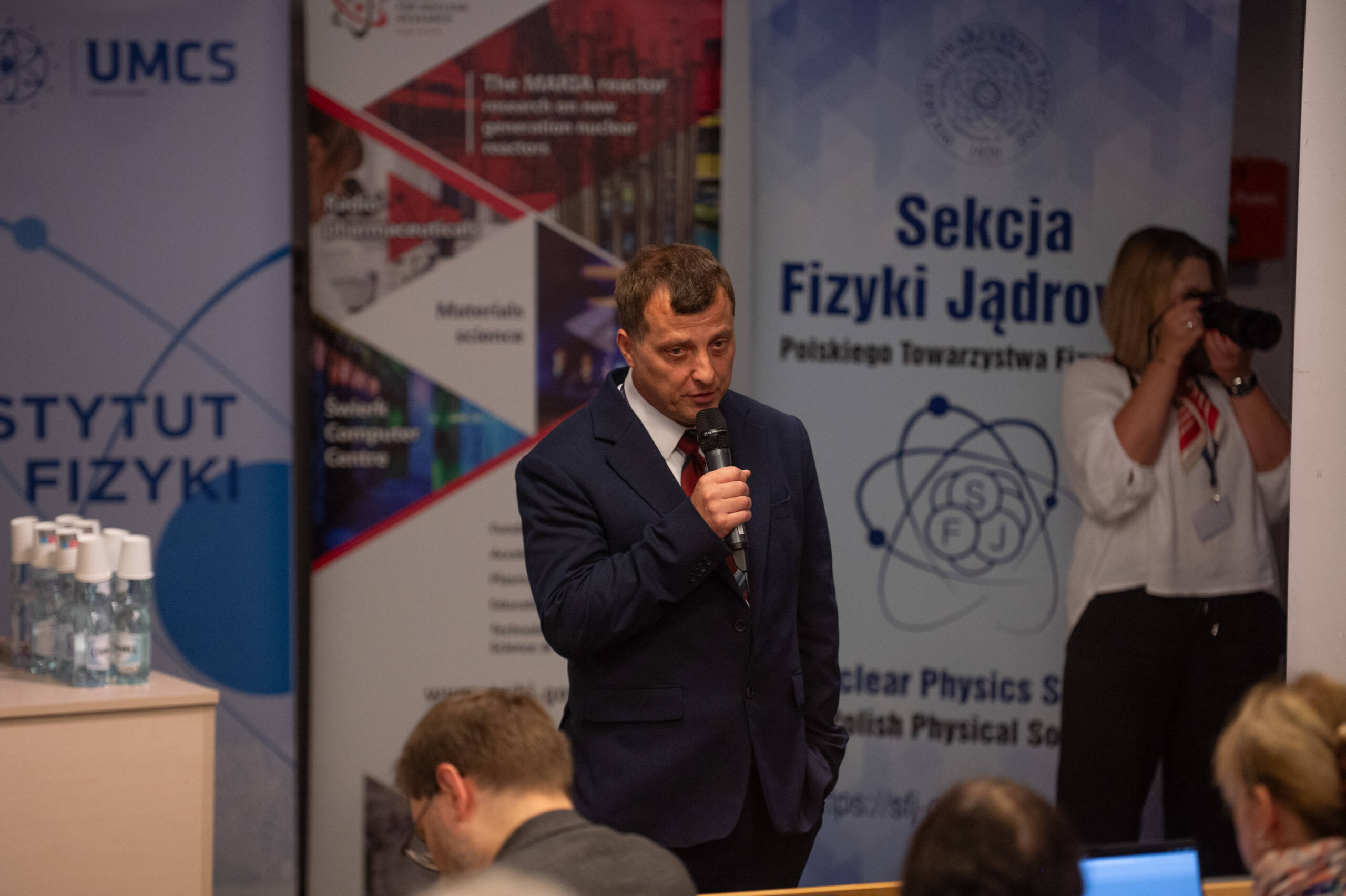
NCBJ as co-organiser of the International Conference on Nuclear Physics
26-09-2025
Last week, the 32nd International Conference on Nuclear Physics, organised by the National Centre for Nuclear Research and Maria Curie-Skłodowska University, took place. This year's conference was dedicated to the 80th birthday of Prof. Krzysztof Pomorski, who was associated with UMCS for many years and is currently an employee of the NCBJ Theoretical Physics Division. The event was full of fruitful deliberations, lively discussions and beautiful memories.




